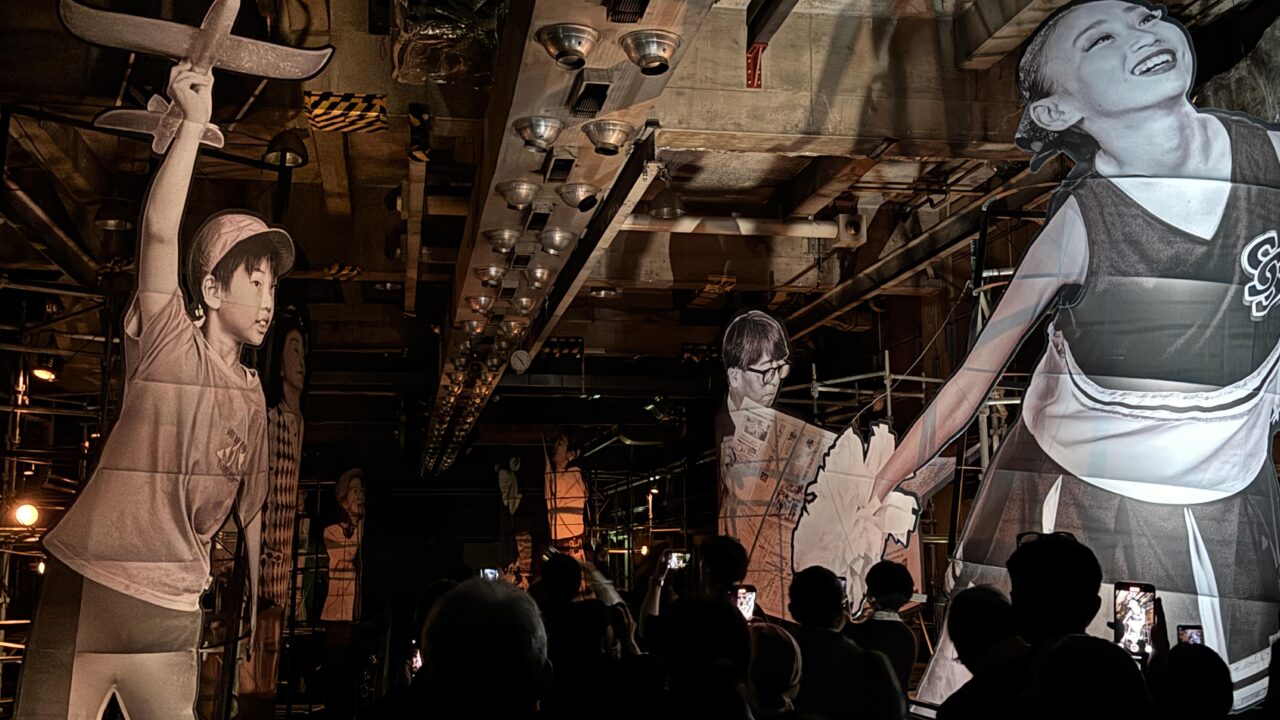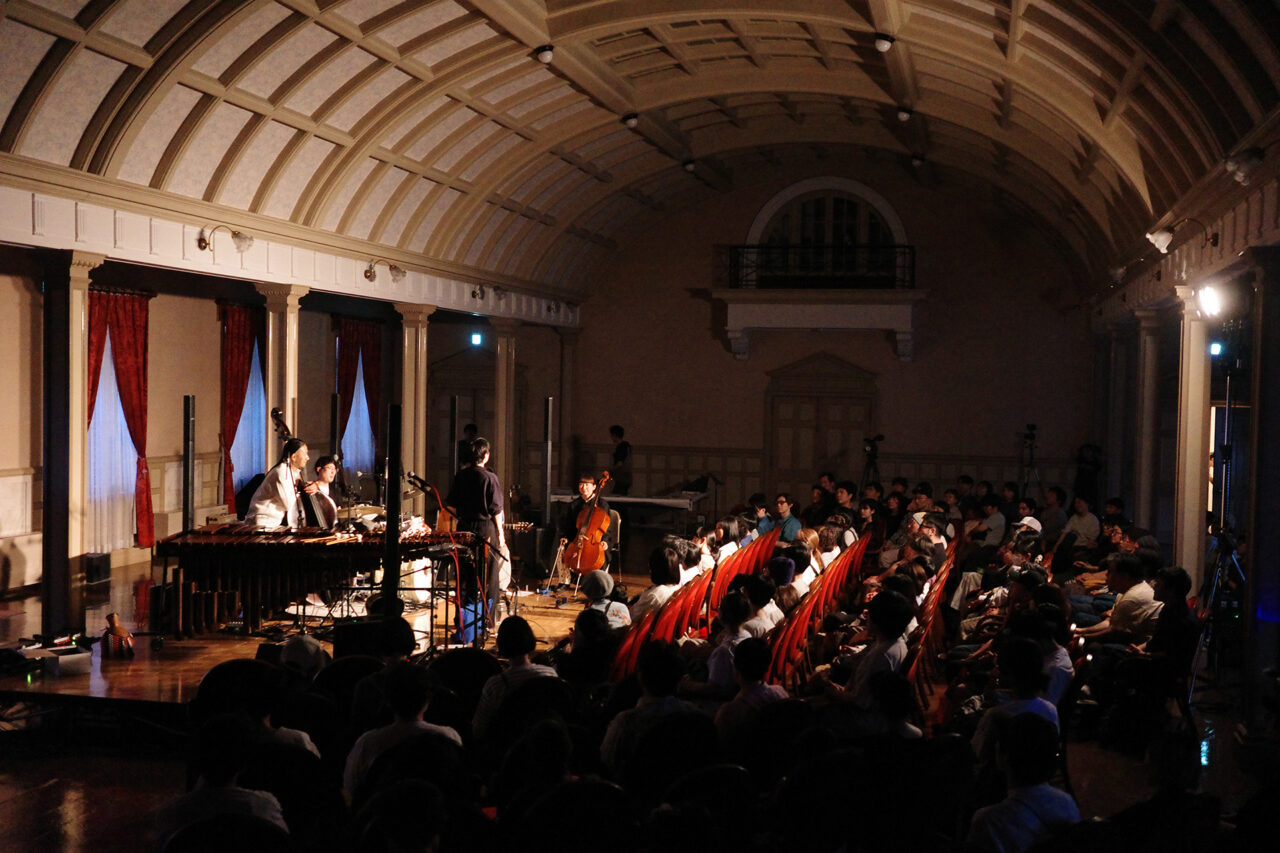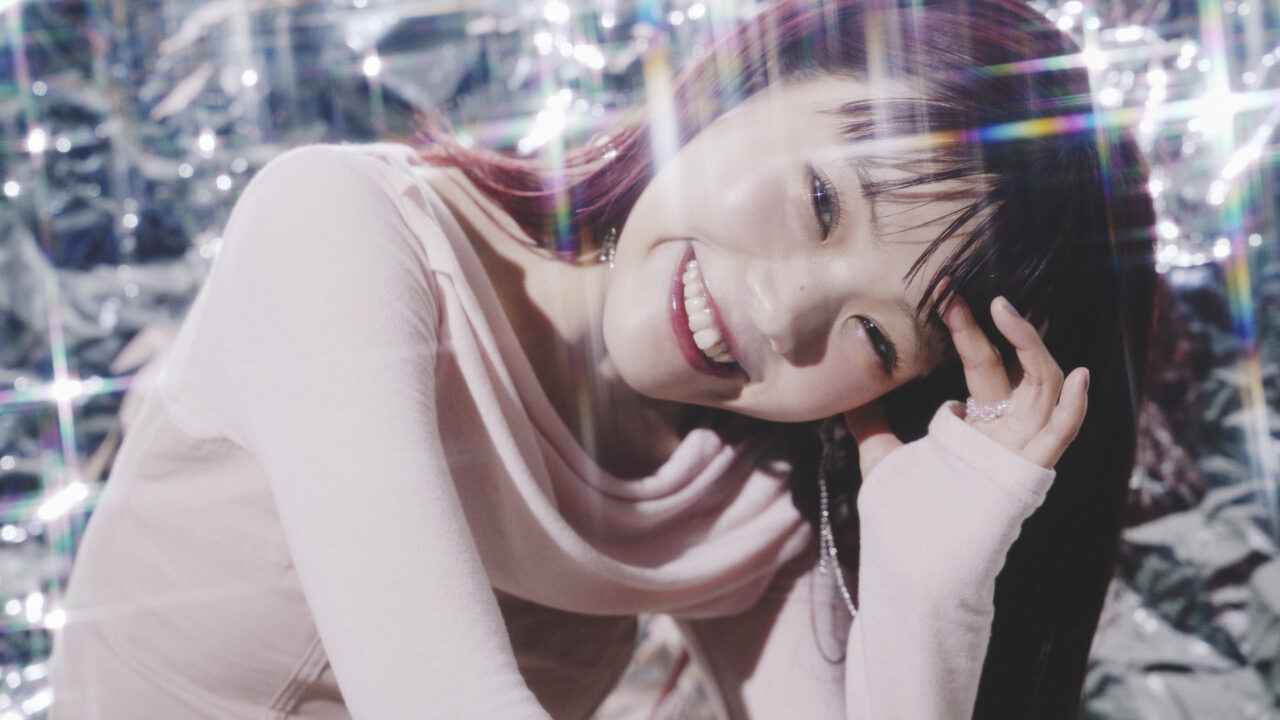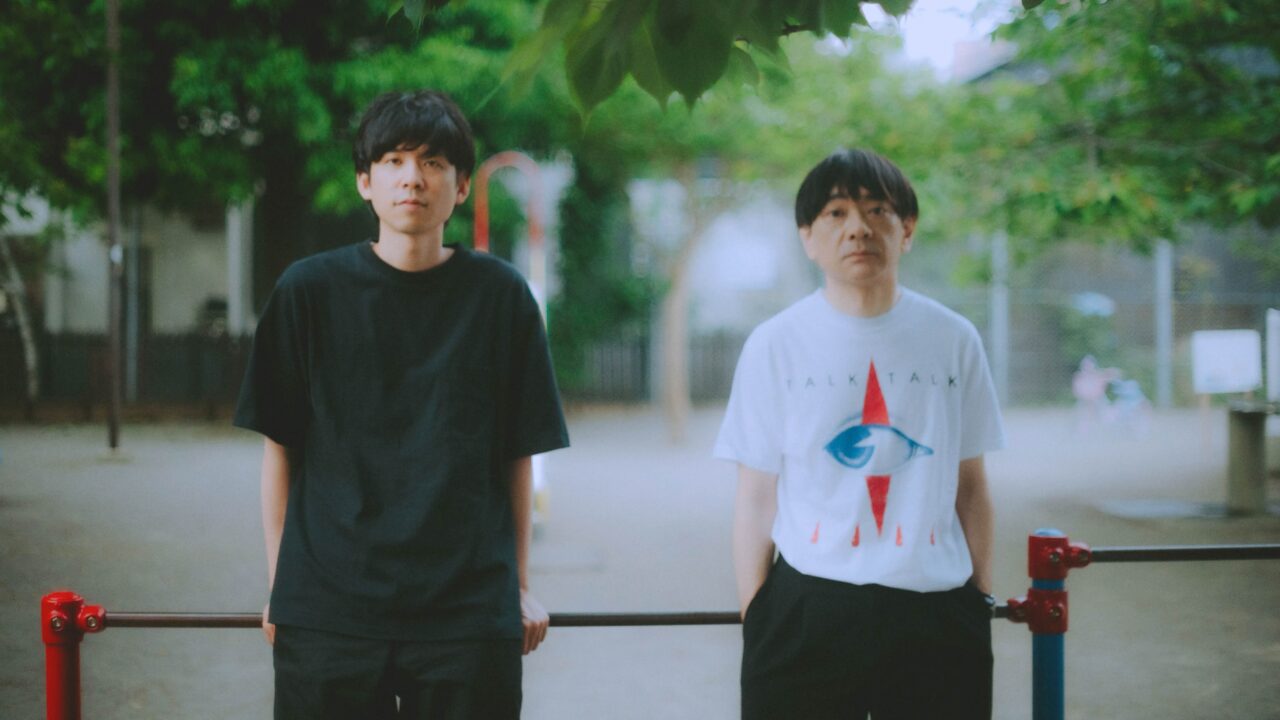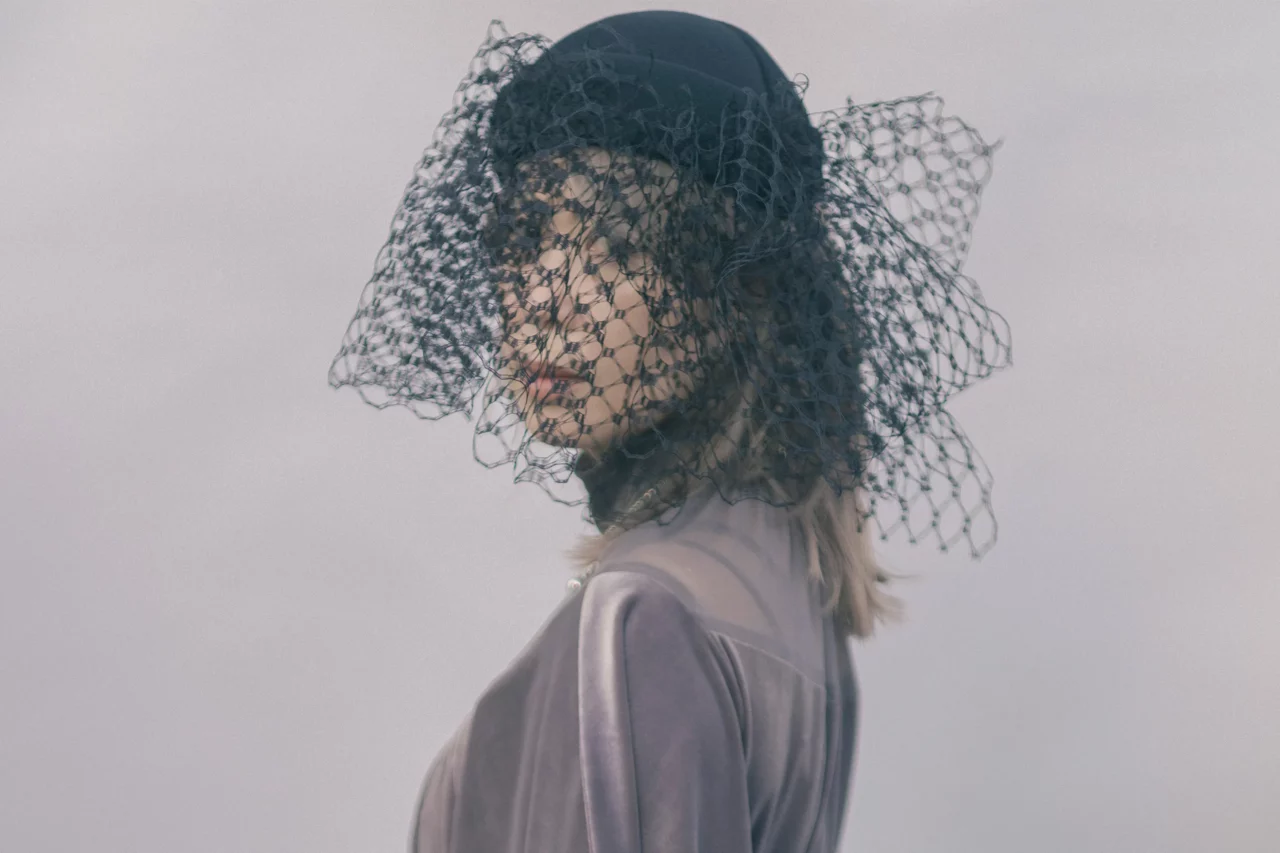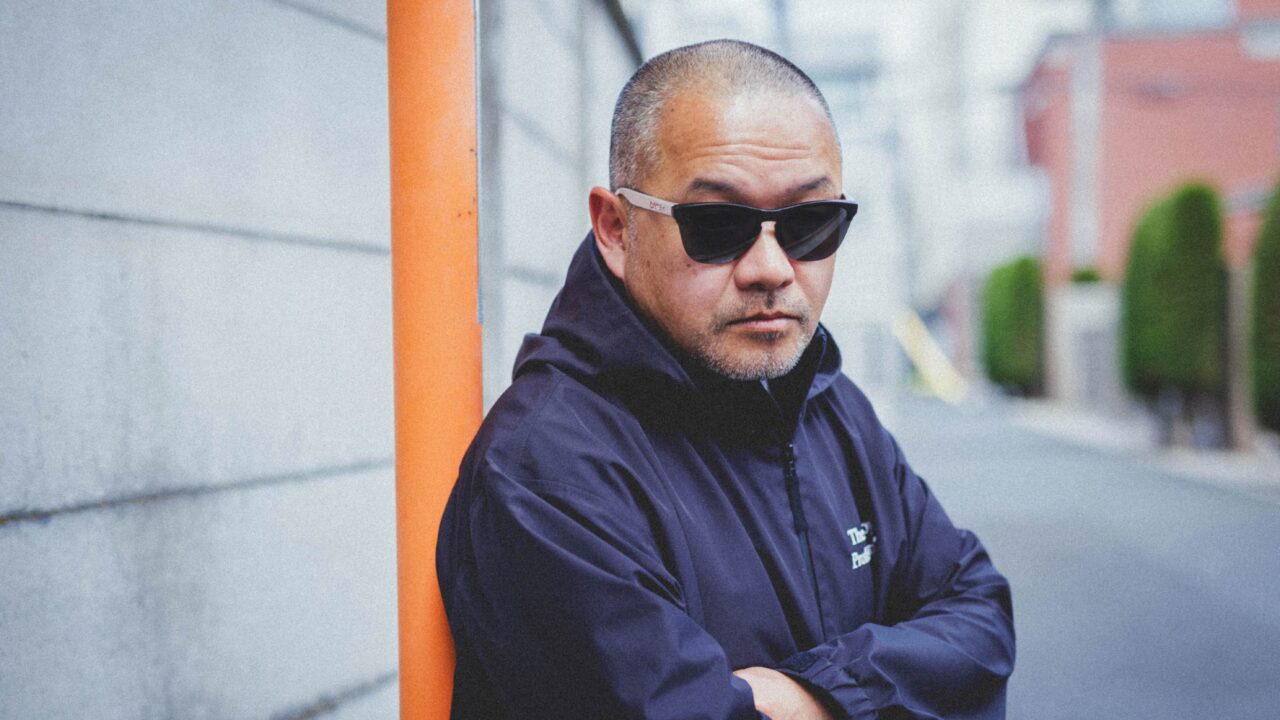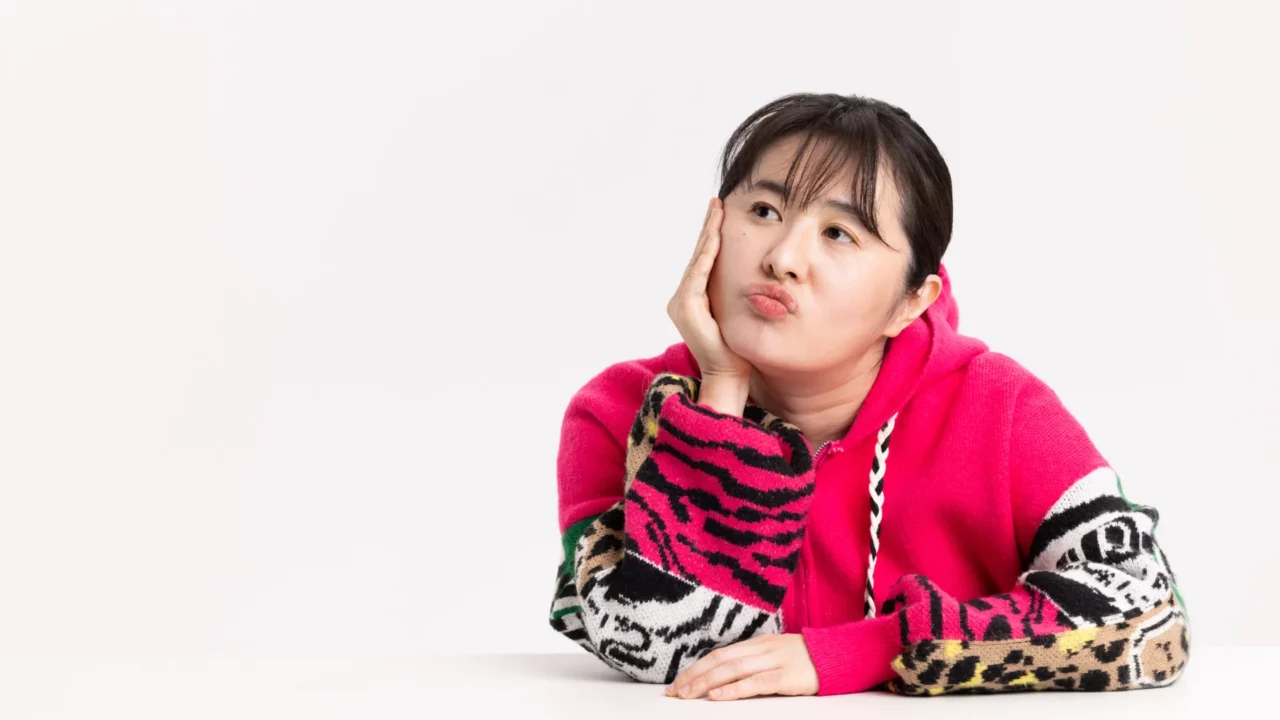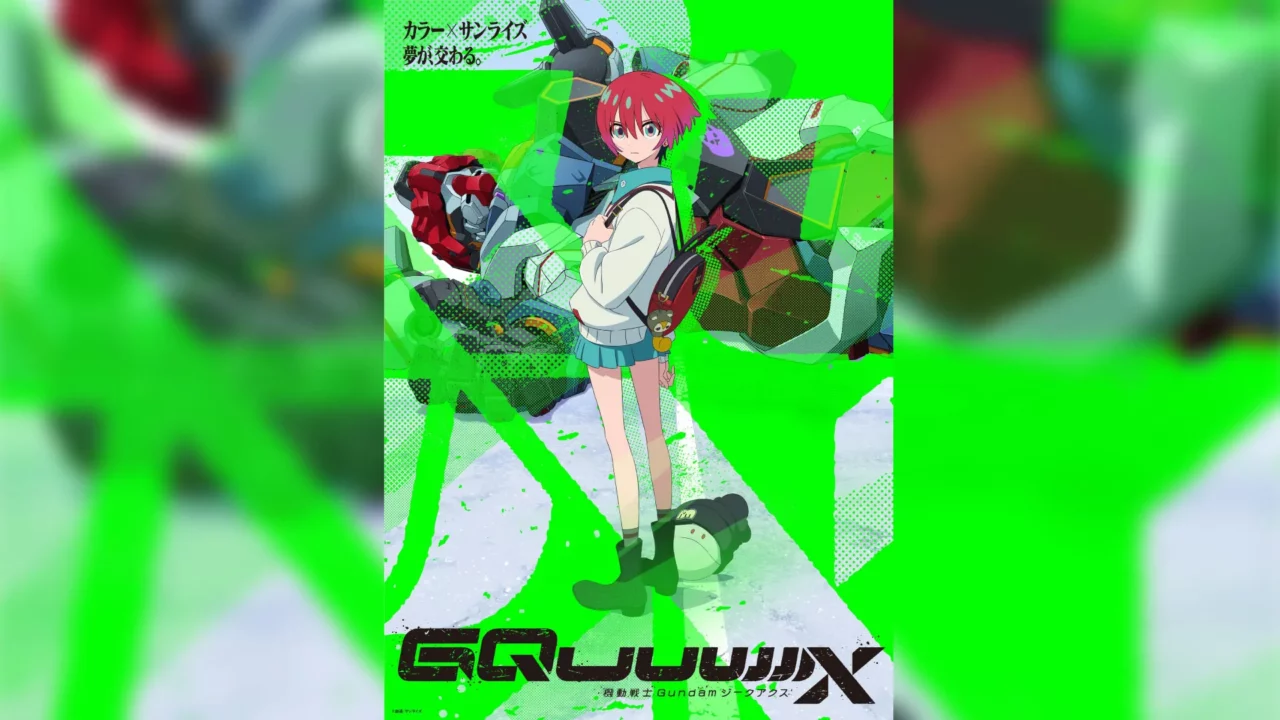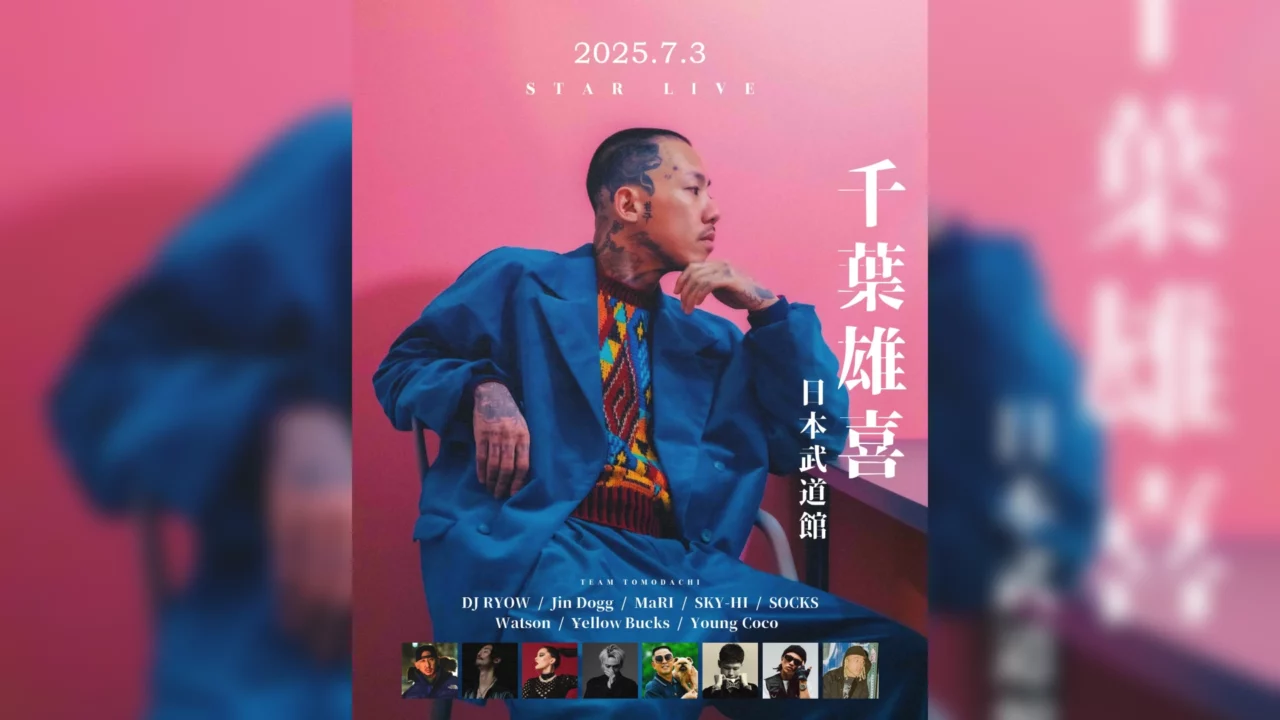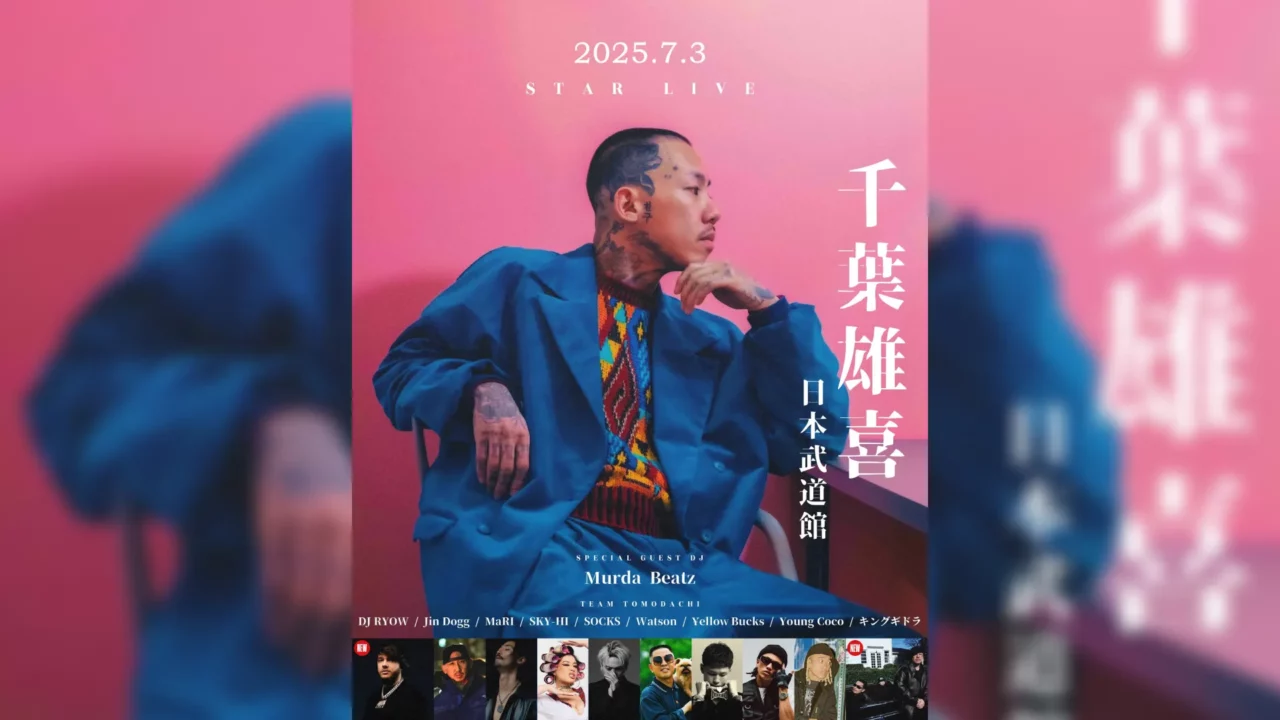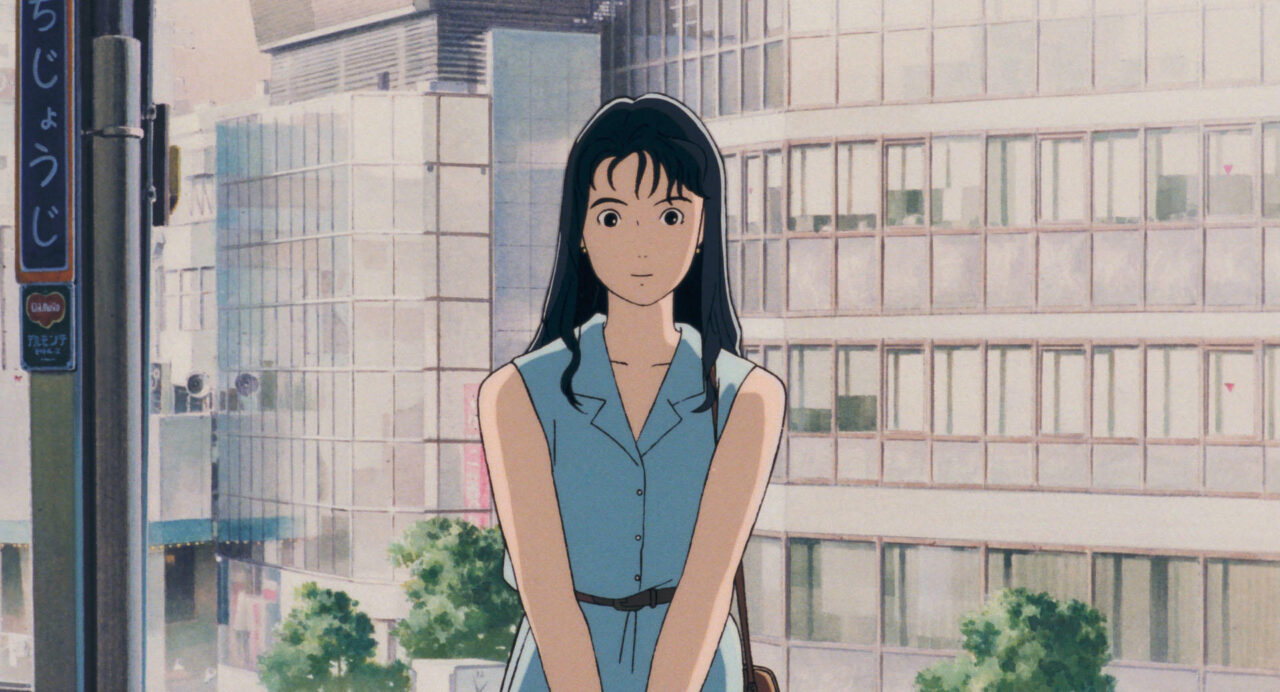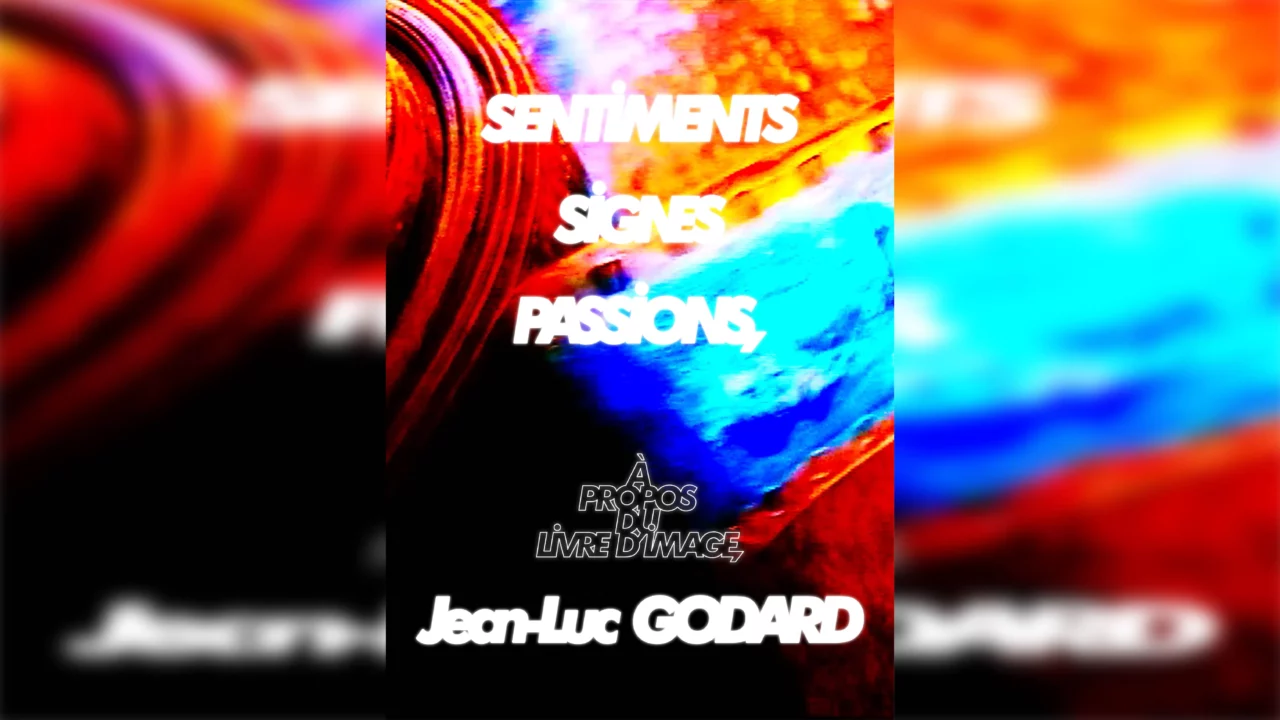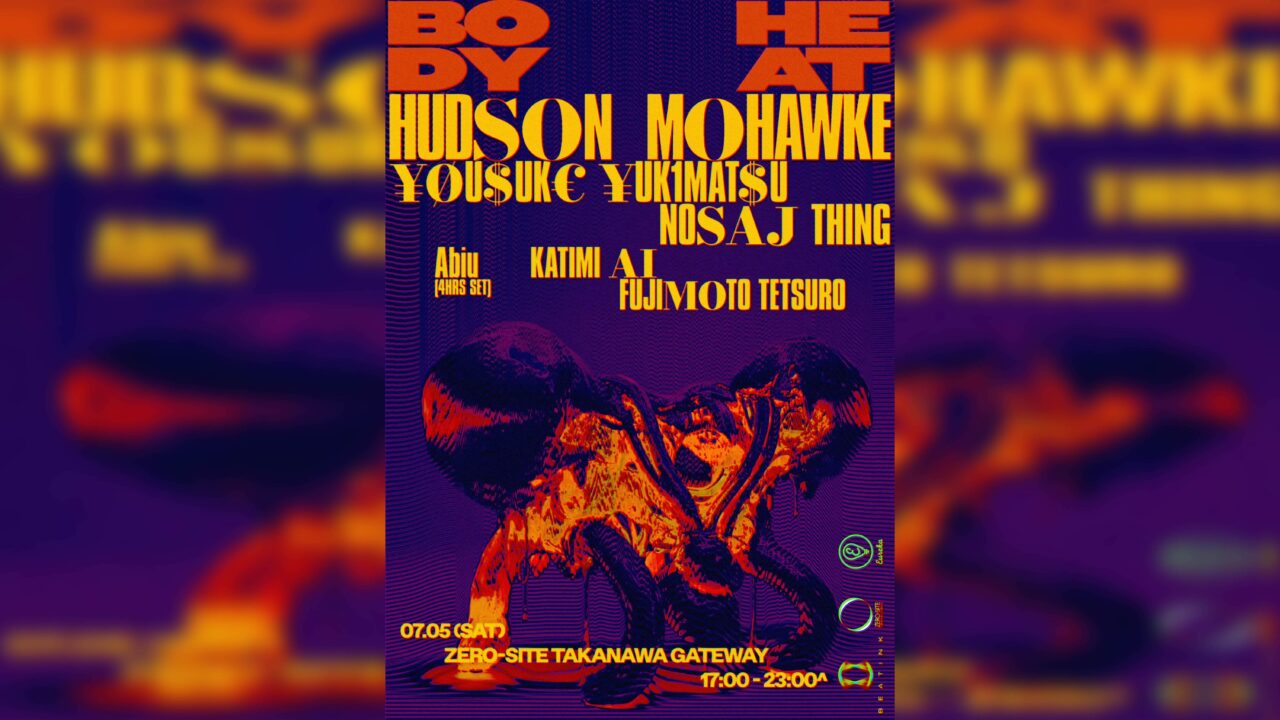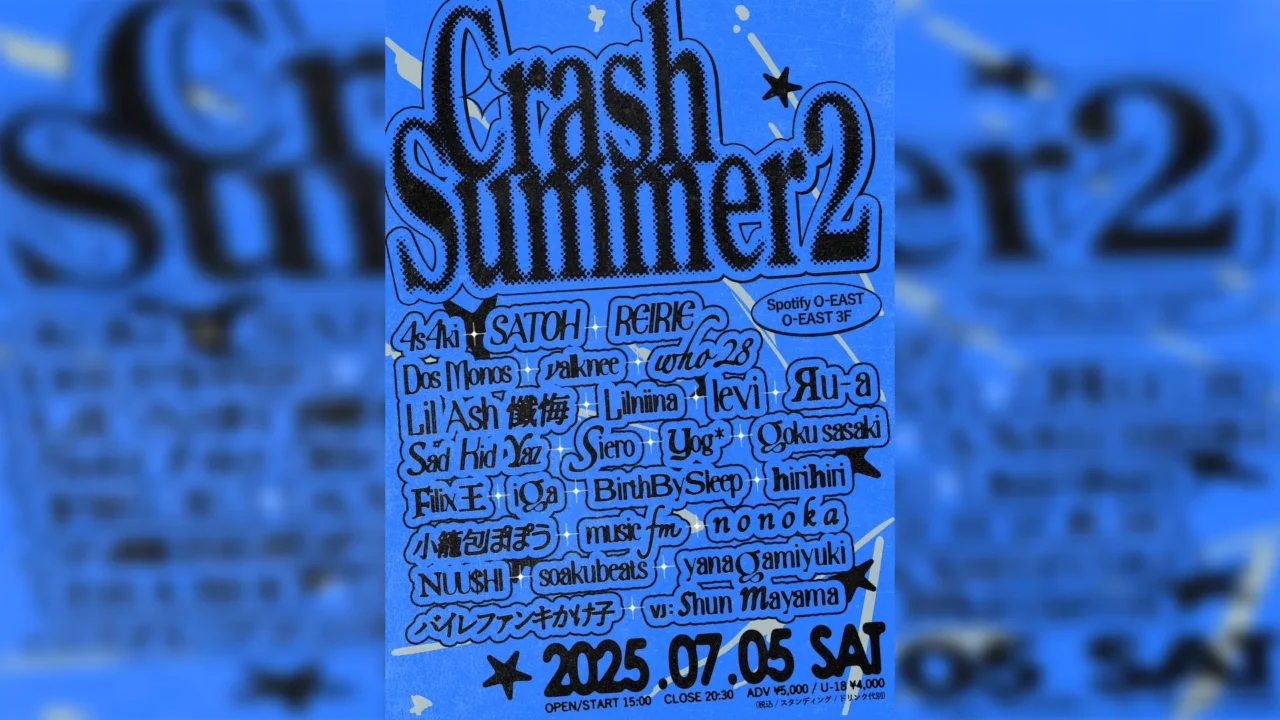Neo Sora’s feature debut, HAPPYEND, is a masterpiece born from the chaos of the 2020s, offering a beacon of hope for the future of Japanese cinema. With its visual aesthetics reminiscent of 1990s Asian films, it delivers a sharp critique of modern Japanese society while also engaging a global audience with thought-provoking questions.
At its core, this challenging film is anchored in the universal theme of friendship. It successfully navigates the balance of being political without excluding viewers based on ideology. To uncover the deeper layers of the film, we interviewed Kimi Idonuma, a close friend of the director. Our conversation explored how the film captures emotions like love, friendship, and the full range of human feelings that transcend notions of “social correctness.”
INDEX

Born in the U.S. and raised in both Japan and the U.S., Neo Sora is a filmmaker, artist, and translator based in New York and Tokyo. In 2024, he directed the concert documentary ‘Ryuichi Sakamoto | Opus,’ which, despite its simple and austere direction focusing solely on piano performances, has garnered critical acclaim at film festivals worldwide, following its world premiere at the Venice International Film Festival. It has since been screened at festivals in Yamagata, Busan, New York, London, and Tokyo. In October 2024, his feature film debut, ‘HAPPYEND,’ will be released.
Capturing Anger Through the Art of Film
At the beginning of the film, the words “The forces trying to confine people to old frameworks are loud” are displayed, and right after that, a red light appears. That made me feel like this film might place importance on the theme of “anger.” As I continued watching, that feeling gradually turned into certainty. Was anger something you consciously focused on while making this film?
Sora: Yes, it was. I believe anger is important. The fact that you can get angry at something shows that you still have hope for it, right? If you’d already given up or didn’t care at all, you probably wouldn’t even feel the need to get angry.
I think anger is a deeply important form of expressing love, whether on a personal level or a societal one. That’s why I sometimes feel like it isn’t right to suppress it.
When trying to convey anger to someone, it’s often difficult to choose the right words, but sometimes expressing it leads to better outcomes. On the other hand, in my daily life, I often find myself feeling irritated but not quite reaching the level of full anger. So, I’m curious how you personally deal with anger in your everyday life.
Sora: I’m the type to simmer slowly. I don’t usually explode, and it takes me a while to understand my own emotions, so I’m not very quick to react. That’s why I tend to mull things over, let my anger simmer, and then channel it into writing or making films.

Some people can explode in anger within seconds, while others take days, weeks, or even years to express it. Everyone has their own way of dealing with it. HAPPYEND seems to capture that full gradient of emotions. For example, there’s a scene where Kou and Yuta have a heated argument, but right after that, we see a simple, almost peaceful moment where they’re working together, moving things.
Sora: In that scene, I was thinking about what it feels like when a couple argues. I think a lot of people have experienced this, but during an argument, it often feels like time skips ahead. One moment you’re shouting, and the next, your relationship has somehow started to mend itself. It’s like, “How did we get to this point where we were yelling?” and “Where did the in-between moments go?” I wanted to capture that subjective experience in the film, so I intentionally skipped over part of the scene.
That’s fascinating. There were many other moments of playful shooting and editing throughout the film, too. It felt like you were having fun making it.
Sora: I was definitely conscious of that. I gave myself a challenge during the shoot. Of course, every scene has a plot point to hit and something to convey, but I also wanted to add something that would create a sense of cinematic joy in each moment.
It’s a bit vague when I try to put it into words, but it could be something as simple as a visual gag, a focus on sound, attention to the beauty of a shot, or playful editing. My goal was to infuse every scene with something that evokes the joy of cinema.
This incident leads Kou to start reflecting deeply on the discomfort he’s been feeling toward his identity and society. On the other hand, Yuta just wants to keep having fun with his friends like they always have. As a result, the once-close relationship between the two begins to grow strained.





